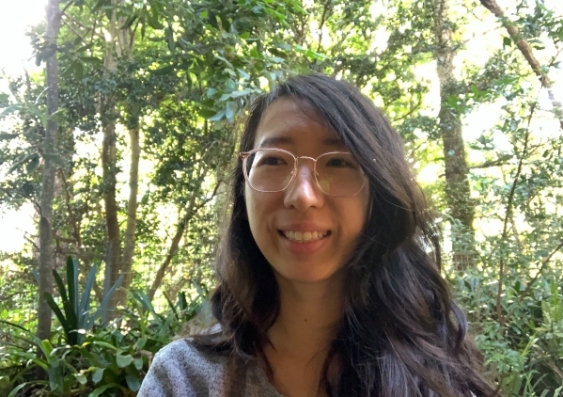UNSW researcher awarded $1.7m international life science grant
A UNSW Sydney researcher has received a prestigious international grant to create self-propagating synthetic cells.
A UNSW Sydney researcher has received a prestigious international grant to create self-propagating synthetic cells.

Yolande Hutchinson
UNSW Sydney External Engagement
0420 845 023
y.hutchinson@unsw.edu.au
Scientia Fellow Dr Anna Wang from UNSW Science has been awarded a 2020 Human Frontier Science Program (HFSP) collaborative Research Grant to create a synthetic cell that can grow its own lipid membrane and divide using the instructions stored in DNA.
HFSP collaborative Research Grants provide three years of support to the top four per cent of applicants. Dr Wang’s $1.7m team grant was one of 20 successful Program Grants that went through a rigorous year-long global selection process.
“We are extremely honoured to be awarded a HFSP Program Grant, especially in the current environment. We are a relatively young team and this grant will enable us to combine the expertise of our laboratories in Australia, Japan and the United States for the first time,” Dr Wang said.
The project aims to build a stably-propagating cell as simply as possible: it will have a lipid membrane encapsulating DNA and transcription translation machinery.
“The overarching goal is to understand how life got to the point where it could sustainably grow and propagate. The DNA inside our synthetic cell will provide instructions for how to synthesise proteins that in turn, grow the membrane. We aim to fuel the system with simple chemicals that could have existed on early earth,” Dr Wang said.
“The synthetic cell we’re hoping to build can help improve our understanding of lipid membranes, which are ubiquitous.
“All life on earth is composed of cells that are wrapped in lipid membranes. This is why we can’t just drink or snort soap to kill SARS-CoV-2 – soap will destroy the coronavirus, but it will also damage the lipid membranes in our cells. Lipid membranes are very much part of us.”
The collaborative project also aims to understand how incorporating proteins into a growing membrane affects its growth, and how the presence of membrane proteins changes a membrane’s stiffness or fluidity. This will help generalise the findings towards understanding a wider variety of natural and synthetic systems.
Dr Wang’s grant is shared with Dr Yutetsu Kuruma from Japan Agency for Marine-Earth Science and Technology and Assistant Professor W. Benjamin Rogers from Brandeis University in the United States. Dr Wang’s laboratory is located at the UNSW School of Chemistry.